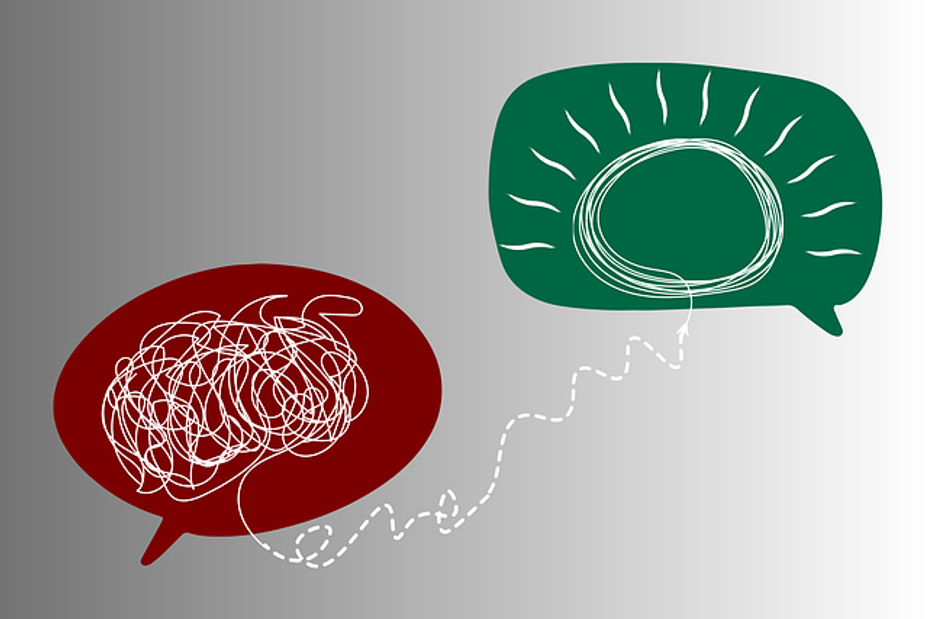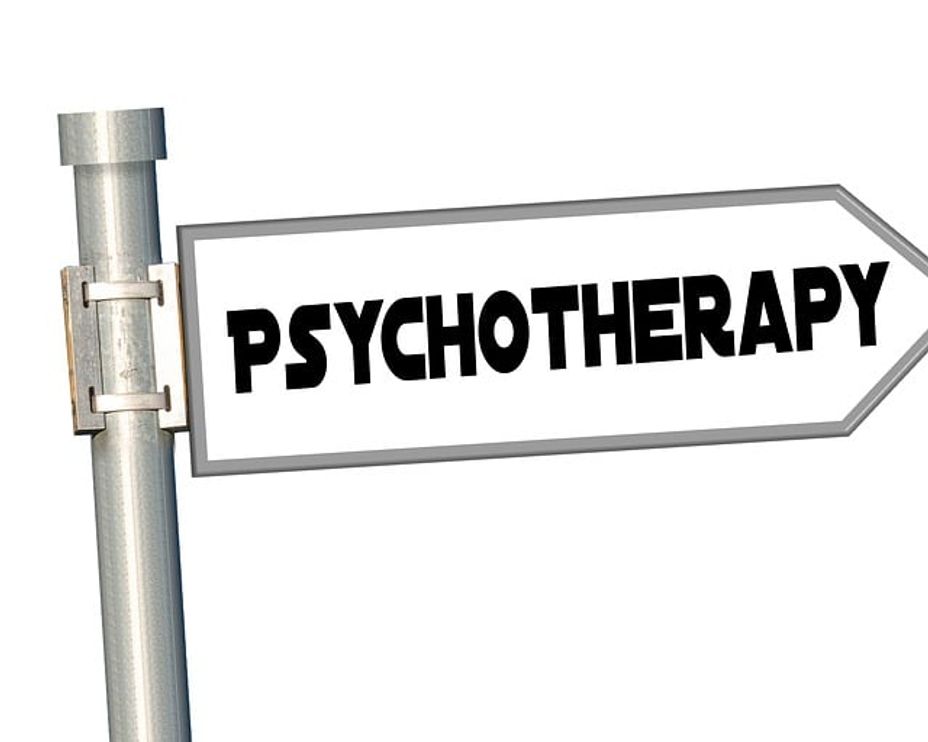Psychodynamic Therapy: Why It's Considered the Most Effective Therapy
If you've ever been in a "talk therapy" (not behaviorally-focused), you've likely been in a form of psychodynamic therapy. Psychodynamic therapy is like peeling back the layers of an onion. It helps you explore the depths of your mind to understand why you think, feel, and behave the way you do. This approach involves uncovering the unconscious patterns and life experiences that shape your present life and mental health.
At its core, psychodynamic therapy understands that the unconscious mind plays a significant role in everyday life. People are complex, and the solutions aren't only about what’s seen on the surface—it’s more about learning and resolving deeper patterns of past relationships, childhood experiences, and hidden desires. A psychodynamic therapist will help you connect the dots between your past and present, giving insights into why you might struggle with specific issues. It also goes beyond only awareness and insight. A significant part of effective psychodynamic therapy also involves working through and processing the emotions that have been carried over time. When you've processed and worked through the carried emotions, they no longer hold power over you and your life.
How Psychodynamic Therapy Works
Beyond building a supportive foundation and a trusting relationship with your therapist, which is important in any therapy, in psychodynamic therapy (which is also known as psychoanalytic therapy) we will explore your deeper thoughts and feelings, which also includes relational and emotional patterns over the course of your life. Experiences such as dreams are also important in understanding your unconscious motivations and stored emotions that are having an affect on your present life as well. The outward and underlying conflicts that are getting in the way of your emotional health or your present life are worked through as we get to more deeply understand where they are stemming from.
Why Psychodynamic Therapy Stands Out From Other Therapies
Focus on the Unconscious
When you engage in psychodynamic therapy, you explore the depths of your unconscious mind. Unlike cognitive-behavioral therapy (CBT), which focuses more on changing thought patterns and behaviors, psychodynamic therapy helps uncover the deeper underlying motivations that often keep people repeating the same unwanted patterns again in the present. As you peel back the onion, you gain more insight and are able to release the stored emotions as you go.
Emphasis on Past Experiences
In a psychodynamic therapy, your childhood experiences and past relationships are fully relevant in shaping your current behavior. How we are as adults stems from a younger age where we learn about the world through experiences, which shapes who we are in the present. It’s not about dwelling on the past, but understanding how your past influences your current relationship with the world (and other people), which all influences your mental and emotional health.
The Therapeutic Relationship
In psychodynamic therapy, your relationship with your therapist plays an important role. It’s not just about getting advice; it’s about creating a safe space to express yourself freely. This relationship often mirrors patterns in your other relationships, giving you valuable insights into your interpersonal dynamics. You are also able to work through negative patterns from your life that may start to show up in your therapy. It is actually quite common for patterns from your life to come into your therapy. People often think it means their therapy or therapist is bad when they see or feel something negative in their therapy. However, this is often a good thing as it means the issues that are plaguing you are showing up in a place where you and your therapist can give attention to it together.
What Psychodynamic Therapy Helps With
If you’re struggling with persistent emotional challenges, relationship issues, or simply seeking deeper self-understanding, psychodynamic therapy is a good option. It’s particularly helpful if you:
Find yourself repeating unhealthy patterns
Struggle with emotional regulation
Struggle with unresolved childhood or past experiences
Want to explore the roots of your thoughts and behaviors
Find yourself often ruminating or fantasizing about present issues or other points in your life
Psychodynamic therapy can be a helpful approach for people who are struggling with a variety of mental health issues, including:
Relationship issues
Other issues that have persistently been unresolved
The Psychodynamic/Psychoanalytic "Talk Therapy" vs. CBT Debate
There has been a debate about whether psychodynamic therapy or cognitive-behavioral therapy (CBT) is "better". I have worked with both, and I can say that while CBT has its helpful points, CBT often is at its most helpful when it's used as a supplement to psychodynamic therapy. I've found over time that psychodynamic therapy works much better for longer-term success because of its depth, and going at your pace. CBT generally seems to have short-term success (as CBT is a shorter term therapy that doesn't get to the deeper core of issues). CBT usually works well to provide coping skills for symptom management for certain issues while doing the deeper psychodynamic work.
Something that people often don't realize is that psychodynamic and psychoanalytic therapy also addresses your behaviors. The difference is that CBT believes that changing behaviors resolves mental and emotional struggles (sort-of a 'fake it till you make it' approach), whereas psychodynamic therapy understands that it's not nearly this simple (it's often very hard to create longer-term changes when you're struggling emotionally on a deeper level).
The way I've always described the difference between CBT and psychodynamic therapy is that CBT is the bandaid over the wound, and psychodynamic therapy cleans out and heals the wound. When the wound isn't healed, however, eventually the bandaid isn't enough.
Finding Help
I always recommend to be sure your therapist has been trained post-graduate in a certified psychoanalytic institute if you're looking for psychodynamic therapy, or "talk therapy". There are many therapists who abuse the term "talk therapy" and don't have the appropriate training or experience to truly provide an effective depth therapy. It's okay to ask a therapist when searching what their background or training is in.
#Psychotherapy #MentalHealth #Anxiety #Depression #Trauma #Phobia #Relationships







